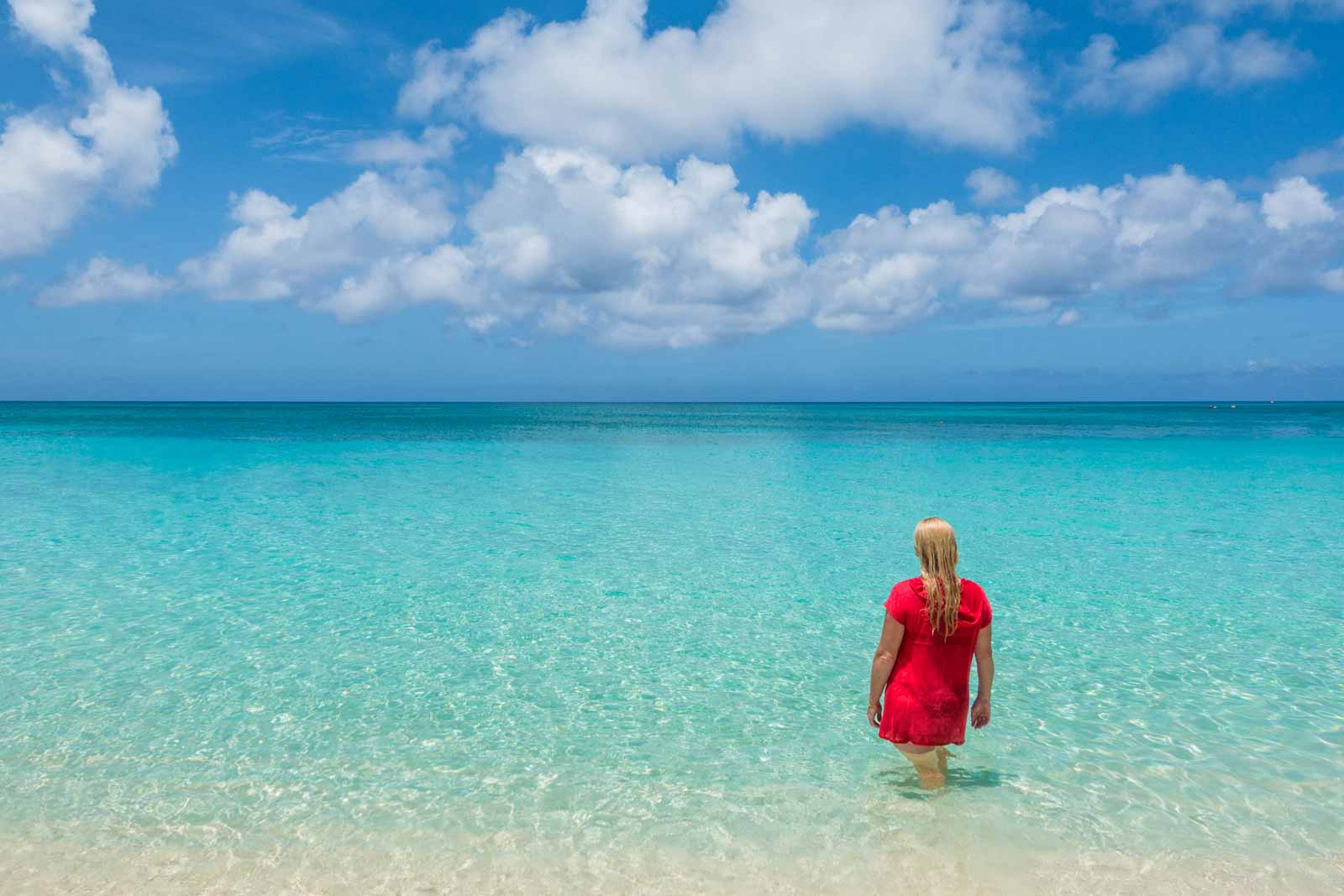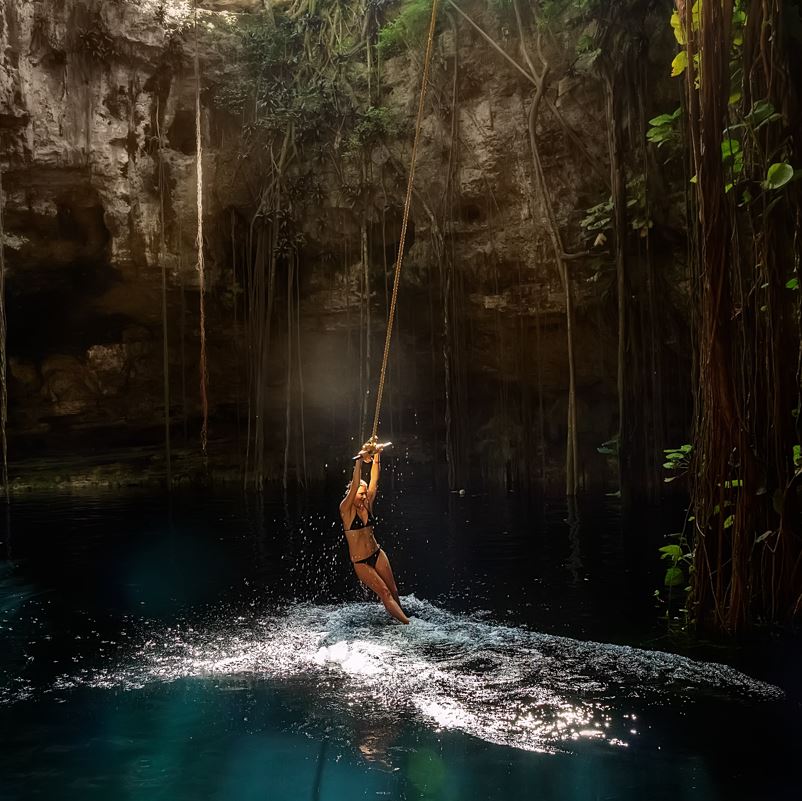
This wintertime season, the Florida Fish and Wildlife Conservation Commission (FWC) reminds beachgoers how to aid safeguard susceptible resident and migratory shorebirds and seabirds while savoring Florida’s coastal habitats.
Every winter, Florida’s resident shorebirds and seabirds are joined by both human and avian snowbirds coming to our state’s shorelines from colder climates. Both resident and migratory shorebirds depend on Florida’s sandy shorelines for crucial habitat and resting spots. No matter whether you are a fellow sunshine state resident or a visitor to our shorelines this winter season, you can have a big impression on conservation of coastal birds. Assistance shorebirds and seabirds together our coasts by subsequent these easy shorebird-welcoming ideas:
Do the flock walk. Rather of strolling straight as a result of, check out strolling all over flocks of birds at the seaside and stay out of posted locations. Receiving way too near to resting shorebirds, seabirds and wading birds can induce them to flush, disturbing birds that may perhaps will need crucial rest from extended migratory flights.
Seem for Crucial Wildlife Area closures. Be on the lookout for signs designating Essential Wildlife Parts on the beach or coastal islands – these regions are shut to community access to protect high concentrations of wading birds and shorebirds. Boaters and beachgoers can help birds by keeping their length and sounds volumes lower around CWAs.
Hold your pups at residence. Even perfectly-behaved puppies can frighten shorebirds, causing them to panic and expend important electricity. If you deliver your pet dog with you to the shore, go to a beach front the place they’re permitted and comply with all leash legislation.
Resist the urge to feed the birds. Sharing snacks with birds at the seaside may possibly appear to be harmless or even helpful but it can be damaging to them and other wildlife. Shorebirds and seabirds are healthiest when consuming the all-natural prey they commonly forage for, such as compact invertebrates in the sand and fish they’ve caught by themselves from the drinking water.
Appropriately stash all trash. Trash and meals scraps entice predators when litter on beaches and in the h2o can entangle birds, turtles and other wildlife. Beachgoers can help birds and other native wildlife by adequately disposing of all trash, filling in person-made holes in the sand, and eliminating all particular gear from the seaside in advance of sunset. Fishing line can be lethal to waterbirds, sea turtles and other wildlife, so be sure to dispose of it appropriately. To locate a monofilament recycling station in close proximity to you, visit mrrp.myfwc.com.
For more details about ways to enable shorebirds in Florida while at the beach, go to MyFWC.com/Shorebirds and obtain the “Share the Seaside with Seashore-Nesting Birds” brochure. Or go to the Florida Shorebird Alliance web site at FLShorebirdAlliance.org to find out far more about how to participate in shorebird and seabird conservation attempts.
/cloudfront-us-east-1.images.arcpublishing.com/pmn/XBYSMNVOLVHY5LESNOHCCXTKZA.jpg)






